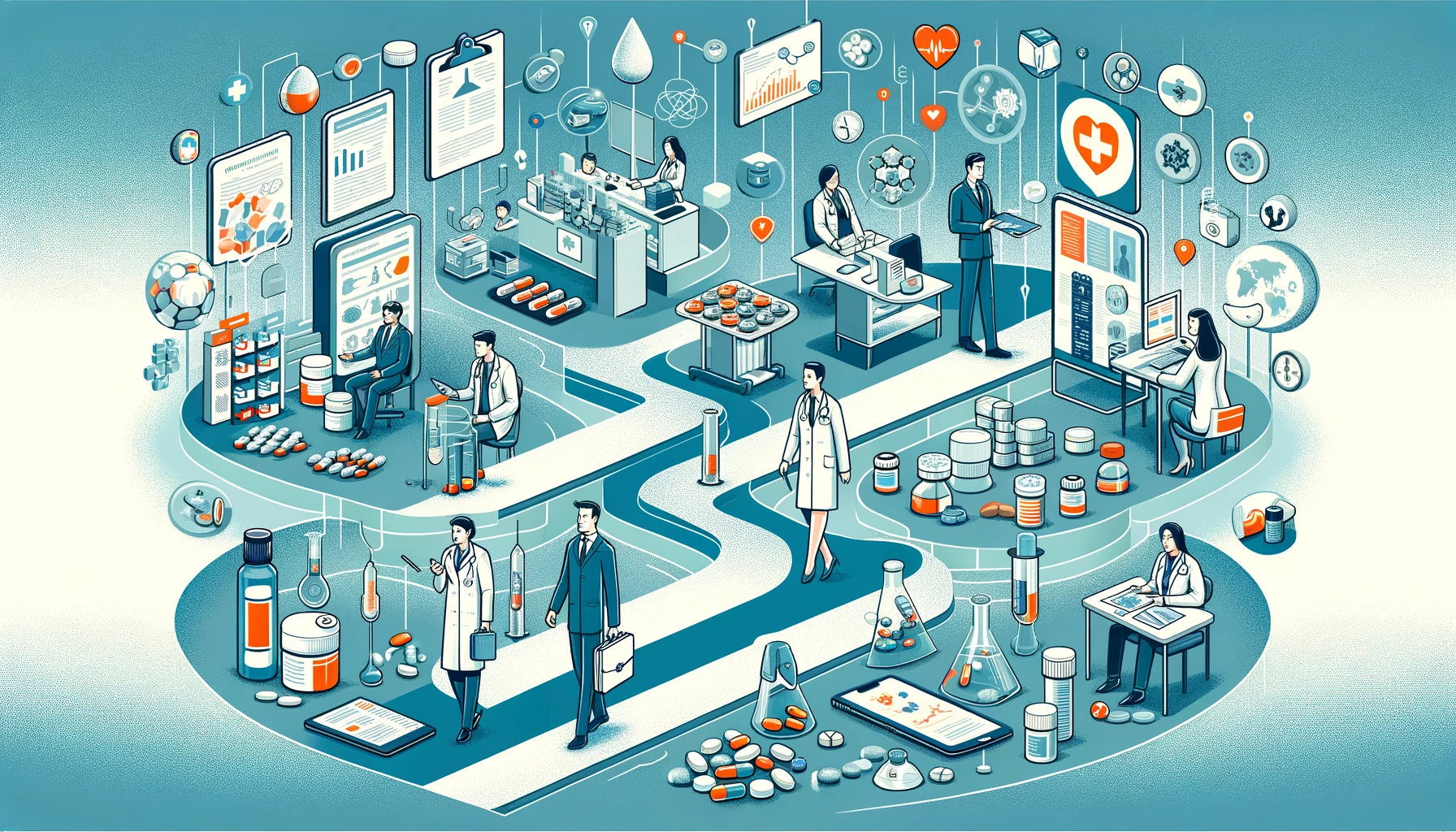“How to be confident for an interview”
Introduction Are you someone who gets nervous before job interviews? Do you struggle to project confidence and make a lasting impression? Don’t worry, you’re not alone. Many candidates experience interview anxiety, but the good news is that you can boost your interview confidence in just 5 simple steps. In this article, we will share effective … Read more










